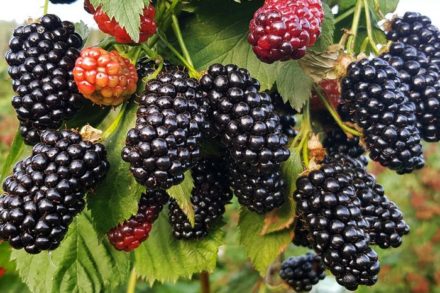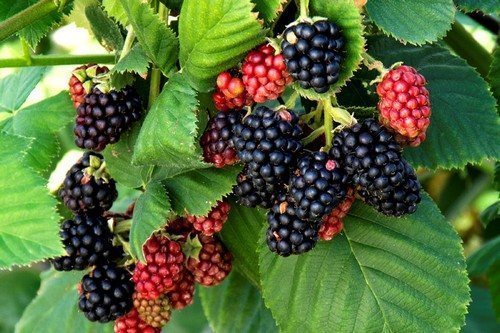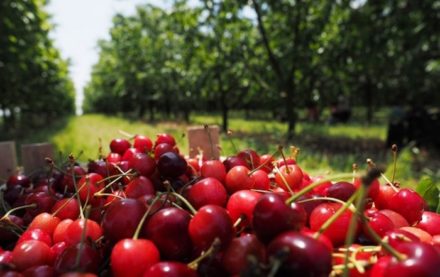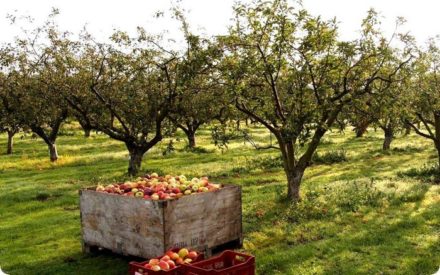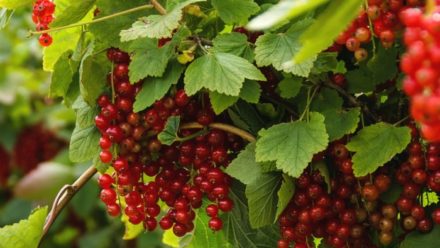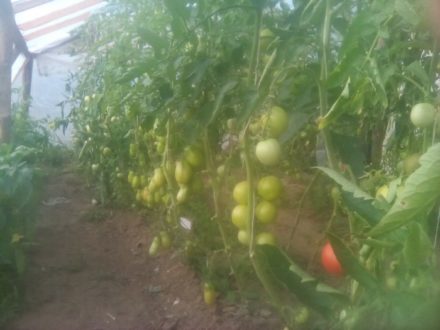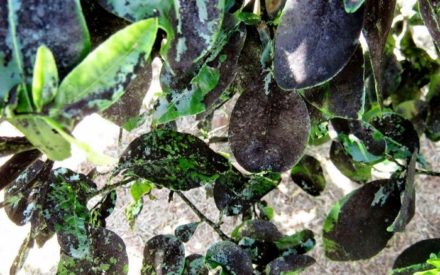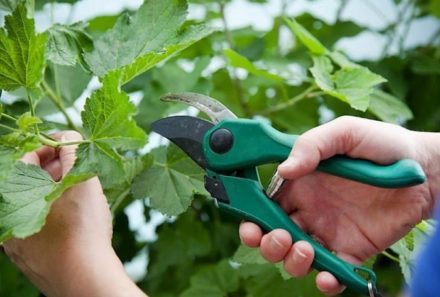Now the blackberry bushes are strewn with berries, which turn black and sweet day after day. In order to collect delicious vitamin-rich kilograms of berries next year, you need to figure out what care blackberries need after harvest.
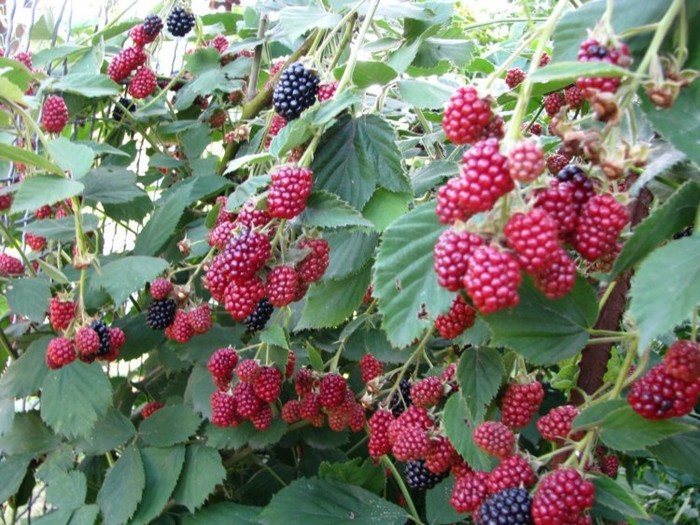
So, as soon as the last ripe berry is removed from the bush, you immediately need to remove the branches that bear fruit this year. Next year they will not bear fruit; next year's berries are laid on the shoots that grew this year. The branches need to be cut flush with the ground, there is no need to leave any stumps, there is no point in delaying pruning either, let the plant give all its nutrition to the young branches.
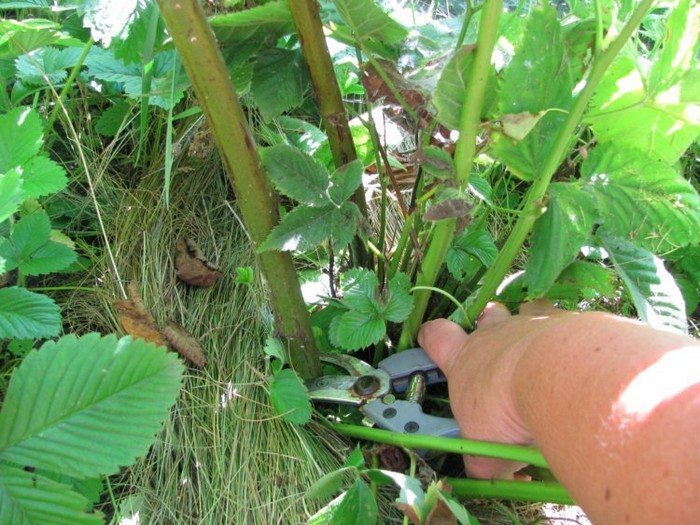
If there are a lot of young branches, it is worth leaving 3-6 of the strongest shoots. Each young shoot should be shortened by 15 cm for short-climbing varieties and up to 50 cm for long-climbing varieties. In long-climbing bushes, the branches grow up to 4-5 meters long; in order to make it easier to deal with them next year, you need to trim them harder. After pruning, side shoots will appear on the branch, which will bear additional berries. In this case, the cut off tips of young shoots can be used for rooting.
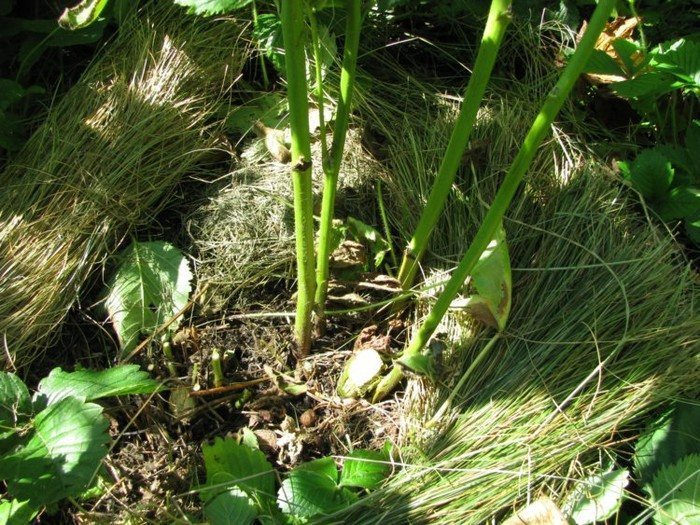
In order for blackberry bushes to successfully overwinter, they should be fed. Nitrogen fertilizers should not be used; phosphorus-potassium fertilizers are suitable.When using mineral fertilizers, you can use superphosphate and potassium sulfate, or potassium monophosphate. If you want to get organic berries, without “chemicals,” then bone meal is suitable as a source of phosphorus for feeding, and ash will become a source of potassium. This feeding not only strengthens the plant for better wintering, but also promotes better flowering and fruit set next year.
Since it is not recommended to loosen the soil under blackberry bushes, it is enough to rake the layer of mulch under the bush, sprinkle fertilizer, and cover it with mulch again. As a mulch, blackberries respond well to grass mown on the site; they can be sprinkled under plants throughout the summer and early autumn. In summer, grass will help retain moisture in the top layer of soil and help keep the soil loose. The accumulated layer of mulch will help the roots to overwinter better and actively begin to grow next spring.
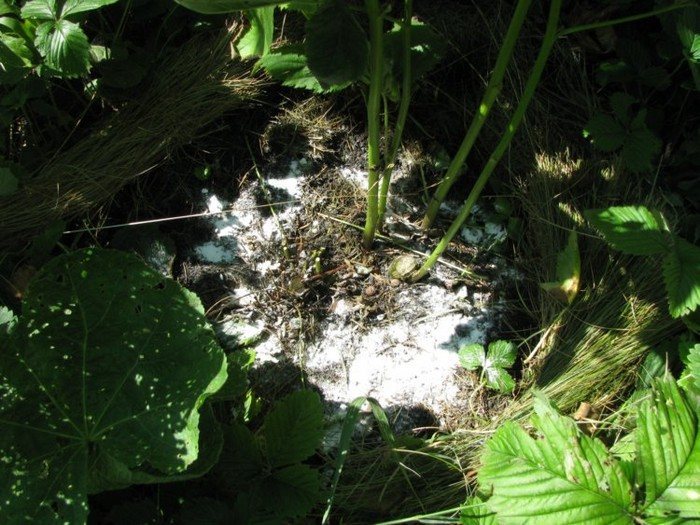
You should not forget about watering the bushes, although the berries have already been picked, but the weather can be quite hot and the plant needs moisture.
Blackberries are very responsive to care; they will respond to care with an excellent harvest of large, tasty berries; there is nothing difficult about cutting off last year’s shoots and feeding the bushes. Before frost, all that remains is to bend the young shoots to the ground and cover the bushes for the winter.


